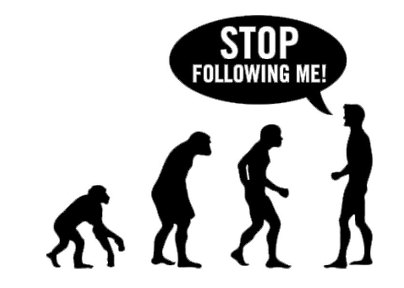The Evolution of MOOCs

A recent post on the StratEDgy blog motivates this post about how Massive Open Online Courses (which are still a "new thing" for education) are already mprphing into variations. In a post called "MOOCs to MOCC" and in an earlier post, they talk about MOCCS (which they define as a variation with not massive and open qualities but as Mid-Sized Online Closed Courses.
Why would this variation occur? It's part of the just beginning efforts by universities and companies to create and license/own online courses which they would use in a smaller, closed environment. For example, you might see a state university system or community college system create courses that were open to larger numbers of students than usual and from multiple campuses. I saw the acronym BOOC being used this year for Big Open Online Courses and it was defined as under 500 students.
Does this mean the MOOC will become a thing of the past already? No, because there is definitely a place for the massive and the open aspects of offering content. But attempts to get a handle on how to assess students and give some type of recognition or credit for working in a MOOC will create variations of the MOOC. Lowering the number of participants is one thing that will need to be done if you want evaluation by instructors,facilitators to occur rather than the peer-to-peer evaluations in some MOOCs.
We have had open online courses with large enrollments for a few years. I took a class in Peer To Peer University https://p2pu.org in 2009 and had never heard the term MOOC mentioned. Many MOOCs are taught by non-academics since some of the course providers encourage people to create courses in areas of their interest and expertise. A course in copyright that I took there was taught by a lawyer who did not teach and who had not taught online before.
InsideHigherEd has reported that StraighterLine is launching “Professor Direct” which will initially offer 15 professor-taught online courses. They say that "In this direct-to-student model, a self-described 'eBay for professors,' the individual professor sets the course price, office hours and class size. Tutors will be available to help students, and some universities will offer credit for these courses." Is that a MOOC?
If a MOOC has a fee/tuition, then it sounds like it is a MOCC category. Some people have said that Udemy’s courses are examples of ones that are not really MOOCs anymore.
If universities get into licensing course content and start dealing with unions about what to pay a professor who has 500 students in her class, you know we are not in MOOCland anymore. Antioch University seems to be headed in this direction already with courses it is doing with Coursera.
And this whole movement moved quickly off college campuses and into corporations in two ways. First, is the movement to offer these types of courses by providers for profit or as non-profit that are not schools in any way. I would include in this area publishers who already have content and who moved into learning and content management systems a few years ago. Pearson College is an example of this.
The second way this has been happening is in the professional development offered by large corporations. Companies with a global presence moved into online training and professional development decades ago. Some have created their own learning management systems and almost all have in place methods to assess and validate the learning in these courses. This type of massive online training is certainly not "open" and probably shouldn't be called a "course." (see "Should the C in MOOC Stand for Classroom?")
I believe that MOOCs will continue to exist as online courses that are both open and massive in their enrollments. But we will see variations being created and offered. I hope we don't get lost in an acronym stew along the way.
Comments
No comments